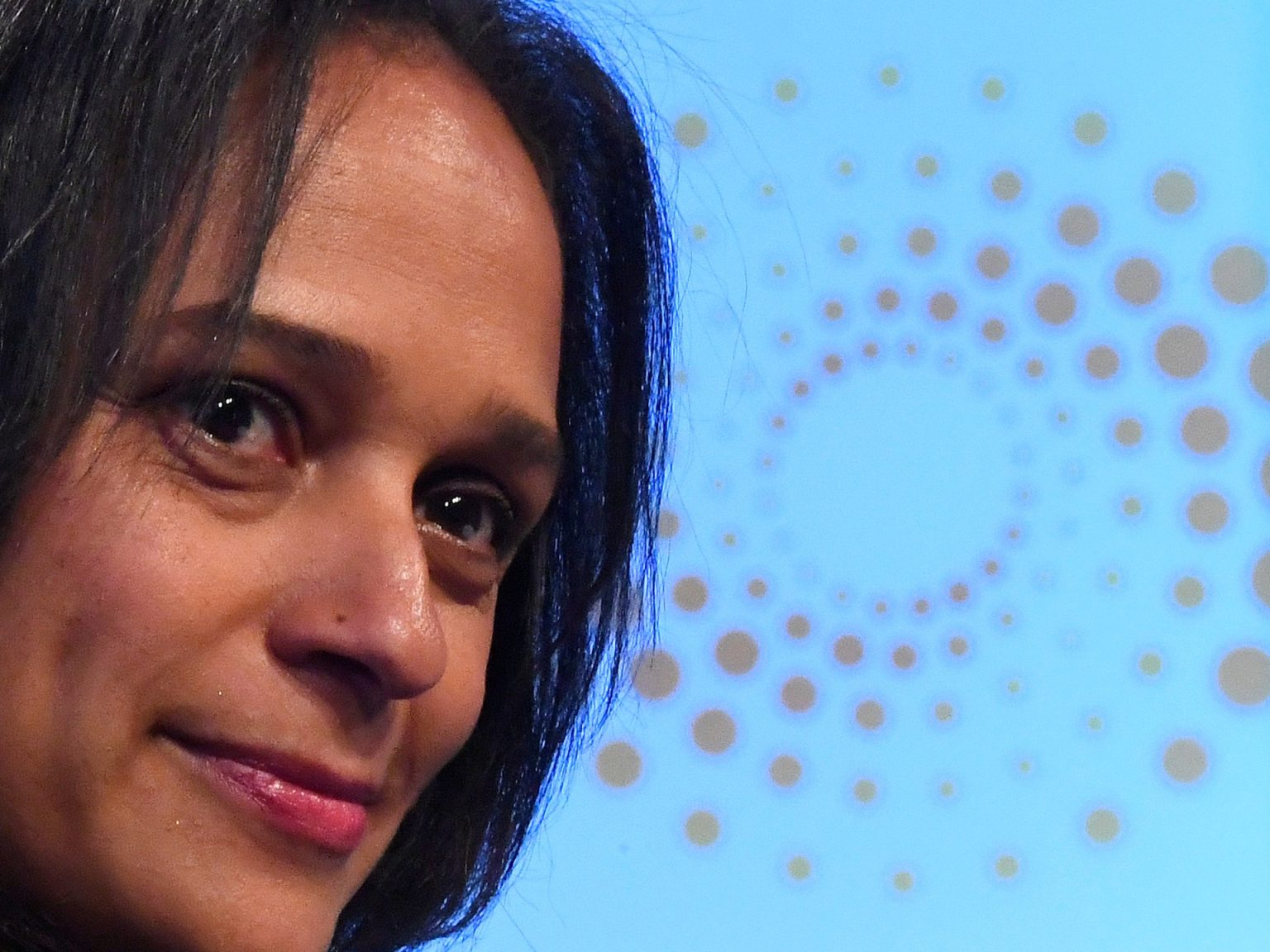Isabel dos Santos, once lauded as Africa’s wealthiest woman, now finds herself embroiled in a complex web of international sanctions and corruption allegations. The daughter of Angola’s long-time president, José Eduardo dos Santos, she inherited a nation grappling with the aftermath of a protracted civil war and abundant oil reserves. While her father consolidated his political power, Isabel dos Santos ascended to become a prominent figure in Angola’s business landscape, amassing a vast fortune through a network of companies spanning various sectors. However, her meteoric rise has been marred by accusations of leveraging her familial connections and political influence to exploit state resources for personal gain. The Luanda Leaks, a trove of leaked documents, exposed intricate details of how the dos Santos family allegedly siphoned public funds into offshore accounts, sparking investigations and sanctions from multiple countries. Dos Santos vehemently denies all allegations, claiming they are politically motivated attempts to dismantle her family’s legacy.
The core of the allegations against dos Santos revolves around her involvement in a complex network of companies, many of which benefited from lucrative deals with the Angolan state during her father’s presidency. Her leadership of Sonangol, the state-owned oil company, has come under particular scrutiny, with accusations of embezzlement and mismanagement. The Luanda Leaks revealed a web of over 400 companies and subsidiaries linked to dos Santos and her late husband, Congolese businessman Sindika Dokolo, across various jurisdictions. These companies, often registered in offshore tax havens, facilitated the movement of vast sums of money, allegedly diverted from Angolan public coffers. Dos Santos’s defenders argue that her business success is a testament to her entrepreneurial acumen, but critics contend that her wealth accumulation was facilitated by privileged access and exploitation of state resources.
The international community has responded to these allegations with a series of sanctions against dos Santos and her associates. The United Kingdom imposed sanctions in November 2024, citing her “systematic abuse of positions at state-run companies” and embezzlement of hundreds of millions of pounds. These sanctions include a travel ban and asset freezes, impacting her ability to operate within UK jurisdiction. The United States had previously imposed similar sanctions in 2021, barring her entry and accusing her of “significant corruption.” Angola, the country at the heart of the allegations, has also frozen assets belonging to dos Santos and initiated criminal proceedings against her. Portugal, another key jurisdiction in her business network, has similarly frozen her assets. These sanctions collectively represent a significant blow to dos Santos’s financial empire and restrict her international mobility.
The fallout from these allegations and sanctions has been significant for dos Santos. Forbes removed her from its billionaire list in 2021, citing the difficulty in verifying her net worth due to the asset freezes. Her once-celebrated status as a self-made businesswoman has been tarnished by the persistent allegations of corruption. She currently resides in Dubai, United Arab Emirates, a jurisdiction beyond the immediate reach of many of the sanctions imposed against her. However, an Interpol red notice issued at Angola’s request further restricts her movement, as she risks detention and extradition should she enter a cooperating country. Dos Santos maintains her innocence and claims that she is the victim of a politically motivated campaign orchestrated by the current Angolan administration to target her family.
The case of Isabel dos Santos highlights the broader challenges of combating corruption and kleptocracy, particularly in resource-rich countries with weak governance structures. The Luanda Leaks, like the Panama Papers and other similar exposés, have shed light on the intricate mechanisms used to conceal illicit wealth and the challenges in holding powerful individuals accountable. The international response to the dos Santos case, with coordinated sanctions from multiple countries, demonstrates a growing resolve to address grand corruption and recover stolen assets. However, the effectiveness of these measures remains to be seen, as dos Santos continues to fight the allegations and maintain her innocence. The ongoing legal battles and investigations will ultimately determine the extent of her culpability and the fate of her vast fortune.
The broader implications of the dos Santos case extend beyond the individual and highlight the intricate relationship between political power, wealth accumulation, and corruption in many parts of the world. Her story serves as a cautionary tale of the potential for abuse when political influence intersects with economic opportunities, underscoring the need for robust transparency and accountability mechanisms. The international community’s response, with coordinated sanctions and investigations, signals a growing commitment to tackling grand corruption and kleptocracy. However, the ongoing legal battles and dos Santos’s continued defiance demonstrate the complexity and protracted nature of these efforts. The final outcome of this case will have significant implications for the fight against corruption and the pursuit of justice in Angola and beyond.

